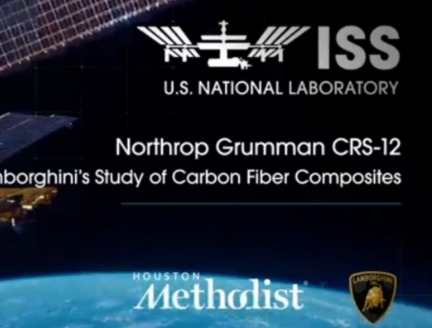


Precision Medicine
Predicting Efficacy of Anti-cancer Immunotherapies
Math model enables more personalized cancer treatment

The new mathematical model quantifies the sensitivity of a cancer cell type to a specific immunotherapeutic drug, which may dramatically increase the effectiveness of immunotherapies in combatting cancer.
Immunotherapy has shown great promise in the fight against cancer. By activating the body’s own immune system to identify and attack its cancer cells, these next generation therapies offer the potential for highly targeted and efficacious cancer treatment with fewer negative side effects than traditional cancer therapies. Immunotherapies also may work more effectively on certain types of cancer that are known to respond poorly to other treatment methods.
Despite the substantial advances, immunotherapy still presents notable challenges. While these therapies have been highly effective against certain types of cancer, more than 50 percent of cancer patients fail to respond to immunotherapies. Among patients who do respond, it often occurs more slowly than more traditional treatment regimens, making it challenging to determine when to alter the clinical approach. Several promising biomarkers for immunotherapy response have been identified to help alleviate this issue, but they are often specific to a certain family of drug and disease combinations and may require extensive and invasive diagnostic testing.
A team of researchers, led by Houston Methodist's Zhihui Wang, PhD, associate research professor of mathematics in medicine and Vittorio Cristini, PhD, professor of mathematics in medicine and have developed, analyzed and validated a mathematical model that can quantify the sensitivity of a cancer cell type to a specific immunotherapeutic drug. The new analytic tool employs inputs that are already being measured in cancer patients to help optimize treatment approaches based on the individual’s specific disease and immune health, thus enhancing the chances for selecting successful treatments from a wide variety of cancer-immunotherapy drug combinations. The model establishes a framework for engineering personalized treatment strategies., The specifics of the mathematical model were published in Nature Biomedical Engineering in collaboration with researchers at MD Anderson Cancer Center.


Left to right: Zhihui Wang, PhD and Vittorio Cristini, PhD
This work is innovative and practical in the field of cancer immunotherapy, as these mathematical markers cannot be simply determined through current, more traditional statistical, data mining or machine learning approaches. These results demonstrate convincing evidence that the model and its parameters may be broadly applicable to many cancer and immunotherapy combinations.
Zhihui Wang, PhD
Associate Research Professor of Mathematics in Medicine
Houston Methodist

To test their model’s ability to accurately and reliably characterize the specific strength of a cancer type to a specific immunotherapy treatment, the researchers obtained CT or MRI scan data of tumors from before, during and after immunotherapy in 124 patients with four different cancer types who were treated with one of two different immunotherapy agents, then further validated against four additional patient groups. These were then analyzed using the model to quantify the therapeutic response.
They found that model-derived measures that quantify the presence and health of the immune presence within the tumor and the resulting kill rate of cancer cells by immunotherapy-activated immune cells could be combined into a single measure that was highly correlated with long-term tumor burden, thus providing a unique numerical score of the strength of response of that cancer to the specific drug. These results were further validated with data from 177 additional patients treated with one of the most common checkpoint inhibitor immunotherapies, anti-CTLA4 or anti-PD1/PDL1 monotherapies.
Without the need for new technology or extensive training, the mathematical model can potentially provide a much-needed bedside tool that can easily be implemented alongside other clinical diagnostics, enabling health care providers to identify the treatment intervention needed to eliminate the disease on a patient-specific basis and to adjust the treatment plan accordingly early in the course of clinical intervention.
For more information: A mathematical model for the quantification of a patient’s sensitivity to checkpoint inhibitors and long-term tumour burden. Nature Biomedical Engineering (2021) Joseph D. Butner, Zhihui Wang , Dalia Elganainy, Karine A. Al Feghali, Marija Plodinec, George A. Calin, Prashant Dogra, Sara Nizzero, Javier Ruiz-Ramírez, Geoffrey V. Martin, Hussein A. Tawbi, Caroline Chung, Eugene J. Koay, James W. Welsh, David S. Hong and Vittorio Cristini . DOI: https://doi.org/10.1038/s41551-020-00662-0
Lisa Merkl, February 2021








